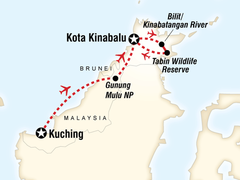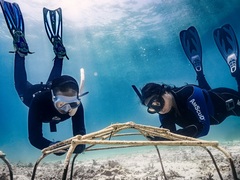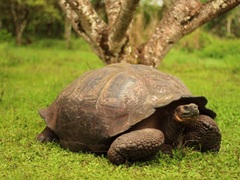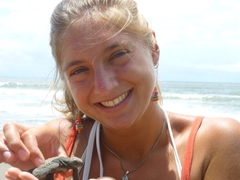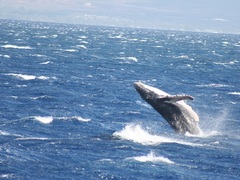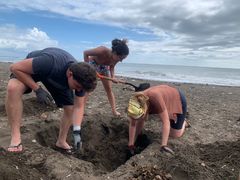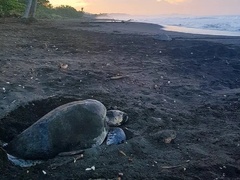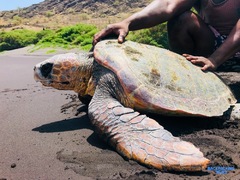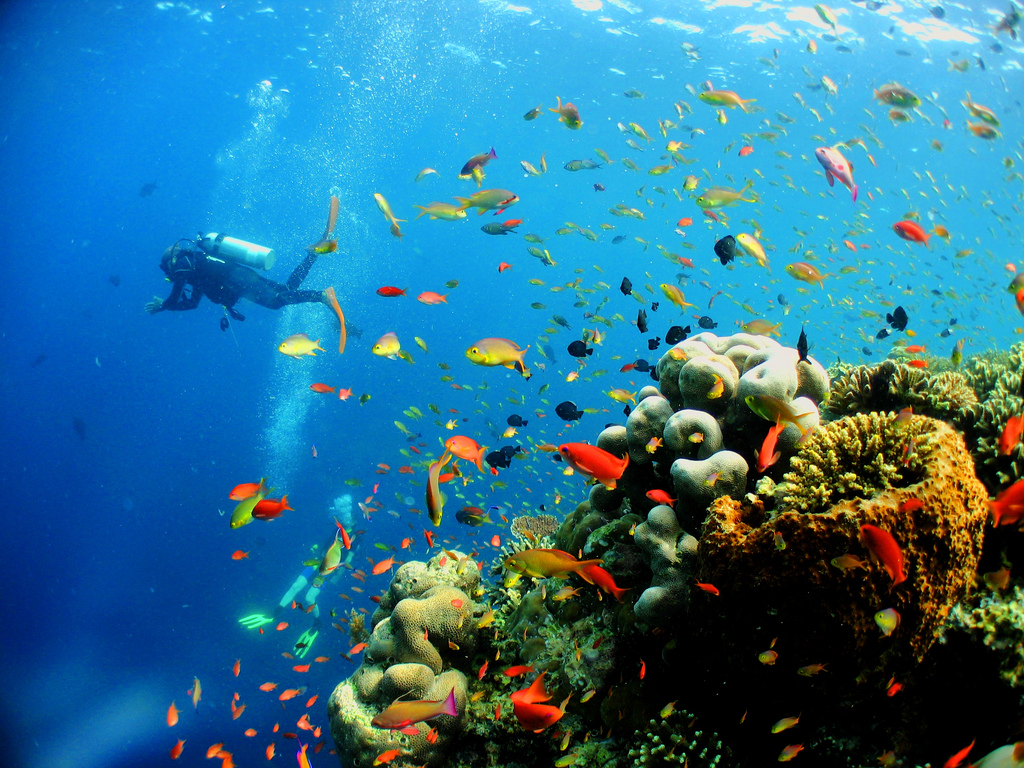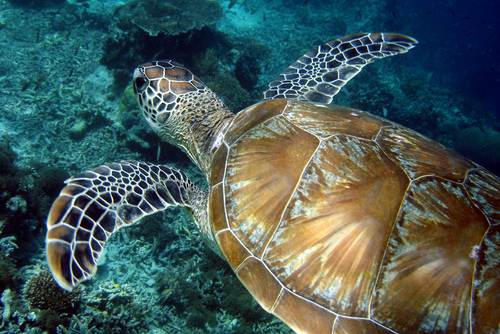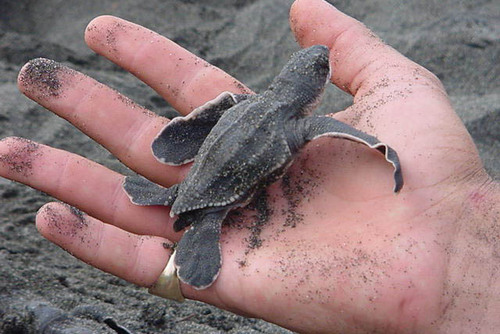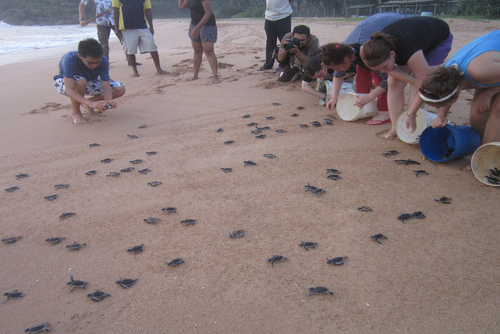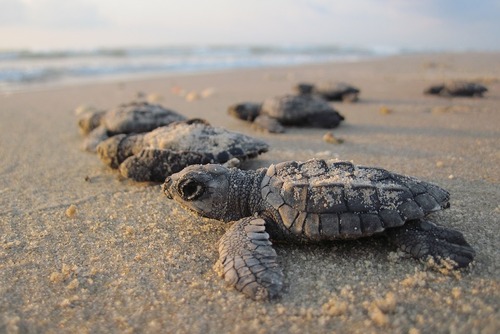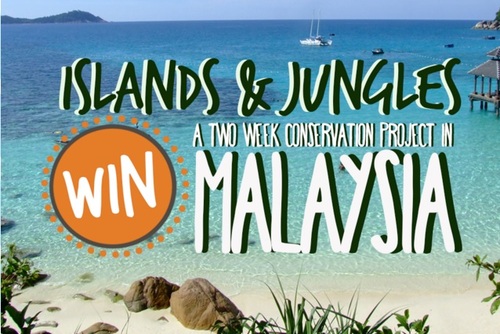Lang Tengah—’The Eagle in the Middle’—a small tropical island off the northeast coast of Peninsular Malaysia, nestled between the more well-known islands of the Perhentians and Redang.
Volunteer With Us
To ensure that our migratory population of turtles are able to continue using the island as a breeding ground for generations to come, we need guardians to stop the poaching activities on Lang Tengah. Our operation can only function if we have a dedicated team of individuals willing to partake in our conservation practices, including our new marine research projects.
Volunteers are an essential part of our operation—in fact, we can’t do without them. By engaging in activities such as night time beach patrols, egg collection, and nest monitoring … volunteers enable us to help save the turtles and collate our scientific data throughout the season.
This is the main reason for joining our project. However, watching a turtle lay her eggs or hatchlings scampering down to the water’s edge—sights rarely seen by most, are priceless experiences and a real privilege to witness.
In the 2019 season, we undertook pioneering surveys of the reefs fringing the island—analysing the diversity and populations of corals, fish, and invertebrates that inhabit these waters. Although our operations were slightly disrupted due to the pandemic in 2020, we slowly resumed in-water conservation work in 2021.
Those looking to volunteer should be relatively fit, able to swim, and acquainted with the rigours of outdoor living. If you’re up for the adventure—get in touch!
Conservation Internships
Our interns play an essential role at all our project sites. Interns will learn knowledge and skills in conservation during their internship, and assist us in:
- Turtle conservation such as conducting beach patrols, collecting biometric data, relocating nests and working in the hatchery.
- Coral restoration and monitoring (in Lang Tengah Island project site only) such as collecting corals of opportunity, maintaining the coral nurseries, growth and survival monitoring methods and coral outplanting methods.
- Outreach educational activities such as giving talks and hatchery visits to tourists/guests, organising conservation programmes for schools/universities/corporate groups.
- Beach and underwater clean-ups.
- Data entry and analysis.


